Research impact and public engagement should be core parts of every skilled PhD, academic and researcher’s portfolio. To help you develop your portfolio, jobs.ac.uk is holding a FREE 60-minute live video event via a Google+ Hangout on Air called ‘Research Impact & Public Engagement for Career Success.’
The 60 minute live video event takes place on Wednesday 22nd July at 1pm and lasts 60 minutes. You can find the video online at the jobs.ac.uk’s G+ Events Page.
Attending this will enable you to learn:
- How to develop an impactful research profile, learning from successful examples
- How to prepare for REF 2020 and what counts
- How to measure the impact of research using Altmetrics and Open Access
- How to identify and actively engage relevant stakeholders at appropriate stages
- What key questions you may get asked about impact and engagement at job interviews
- How impact and engagement can enrich your career prospects
What is a Google+ Hangout?
Google+ Hangouts on Air are live online video events of Q&A sessions with a group of expert panellists. As the video is streaming live online you will be able to watch and gain real insights, top tips and also have an opportunity to ask questions.
If you would like to register your place on #JOBSQ lived video hangout, please click here or alternatively click here to find out more information.





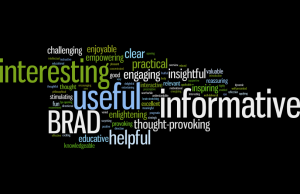


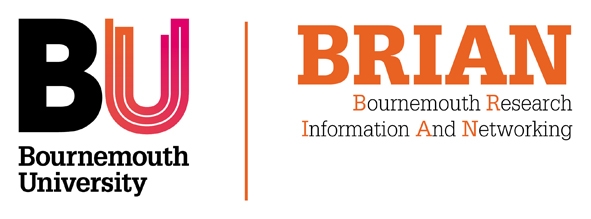
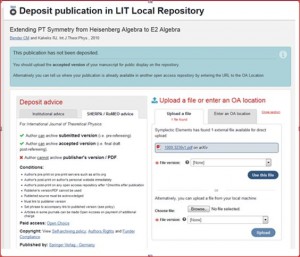
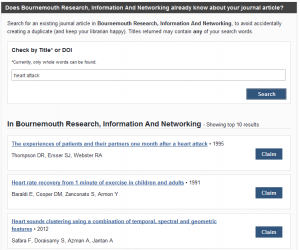



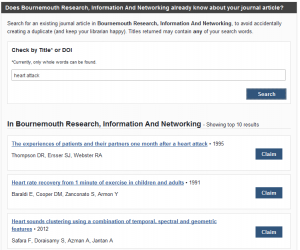














 New CMWH paper on maternity care
New CMWH paper on maternity care From Sustainable Research to Sustainable Research Lives: Reflections from the SPROUT Network Event
From Sustainable Research to Sustainable Research Lives: Reflections from the SPROUT Network Event REF Code of Practice consultation is open!
REF Code of Practice consultation is open! ECR Funding Open Call: Research Culture & Community Grant – Apply now
ECR Funding Open Call: Research Culture & Community Grant – Apply now ECR Funding Open Call: Research Culture & Community Grant – Application Deadline Friday 12 December
ECR Funding Open Call: Research Culture & Community Grant – Application Deadline Friday 12 December MSCA Postdoctoral Fellowships 2025 Call
MSCA Postdoctoral Fellowships 2025 Call ERC Advanced Grant 2025 Webinar
ERC Advanced Grant 2025 Webinar Update on UKRO services
Update on UKRO services European research project exploring use of ‘virtual twins’ to better manage metabolic associated fatty liver disease
European research project exploring use of ‘virtual twins’ to better manage metabolic associated fatty liver disease